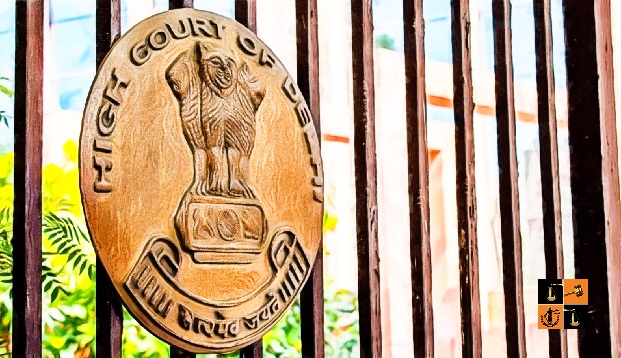The Delhi High Court has called upon the Bar Council of India (BCI) to establish an "ethical code" for self-represented litigants, aiming to curb the proliferation of frivolous litigation and preserve the precious time of the judiciary. In its July 20 order, a single-judge bench presided over by Justice Swarana Kanta Sharma emphasized the need for guidelines that will ensure ethical conduct among litigants representing themselves in court, thereby reducing the burden of courts caused by baseless claims.
Brief Facts:
The court made these observations while dismissing three petitions filed by Naresh Sharma, an alumnus of the Indian Institute of Technology (IIT), who contended that his fundamental right under Article 21 of the Constitution of India, which includes the "right to have public organizations that are not criminally established," was being violated. Sharma alleged that several government organizations, including renowned institutions like IIT, All India Institute of Medical Sciences (AIIMS), and Indian Institute of Management (IIM), were "criminal in the extreme sense of sedition" because they operated under the Societies Registration Act, 1860, and had legal provisions enabling them to defy the government and act against it.
Observations by the Court:
The court found Sharma's claims lacking in detail and failed to demonstrate that such a right as he asserted even exists under Article 21. It also noted that he had presented only "bald allegations" against various respondents, including government entities, public organizations, past and present leaders, and constitutional post holders.
While dismissing the frivolous petitions, the court imposed a cost of Rs. 30,000 on each plea, to be deposited with the Delhi High Court Bar Association (DHCBA) Lawyers' Social Security & Welfare Fund, DHCBA Employees Welfare Fund, and Civil & Session Courts Stenographers Association. Additionally, Justice Sharma expressed the hope that the Bar Council of India would take prompt action to assist the judiciary in dealing with meritorious cases efficiently and avoid being burdened by "flagrant misuse of the magnanimity of the courts" caused by vexatious and malicious litigations.
The High Court emphasized the importance of recognizing the real cost of such abuse of the legal process, as it impacts genuine litigants with valid claims seeking redressal in good faith. While acknowledging that the doors of the courts must remain open to all citizens seeking justice, the court stressed the need to address frivolous litigation-related issues as part of the ongoing journey of judicial reforms in the country.
The court underscored that the rise of frivolous and vexatious litigation may not be adequately noticed in the public domain despite the glimpses of a large number of pending cases before the courts. As such, the court urged the legal community and policymakers to prioritize the challenge of frivolous litigation and incorporate appropriate responses in the ongoing law reforms, ensuring a more efficient and effective justice system for all.
The decision of the Court:
The court dismissed the petitions with a cost of Rs 30,000 on each petition.
Case Name: Naresh Sharma vs Union Of India & Ors.
Coram: Justice Swarana Kanta Sharma
Case No.: W.P.(CRL) 1798/2023 & CRL.M.A. 16735/2023 among others.
Advocates of the Petitioners: Mr. Rakesh Kumar, CGSC for UOI along with Mr. Sunil, Advocate Mr. Sanjeev Bhandari, ASC for the State along with Mr. Kunal Mittal and Mr. Saurabh Tanwar, Advocates and with Insp. Subhash Chand, P.S. Parliament Street.
Advocates of the Respondent: Mr. Rakesh Kumar, CGSC for UOI along with Mr. Sunil, Advocate Mr. Sanjeev Bhandari, ASC for the State along with Mr. Kunal Mittal and Mr. Saurabh Tanwar, Advocates and with Insp. Subhash Chand, P.S. Parliament Street.
Read Judgment @LatestLaws.com
Picture Source :


























